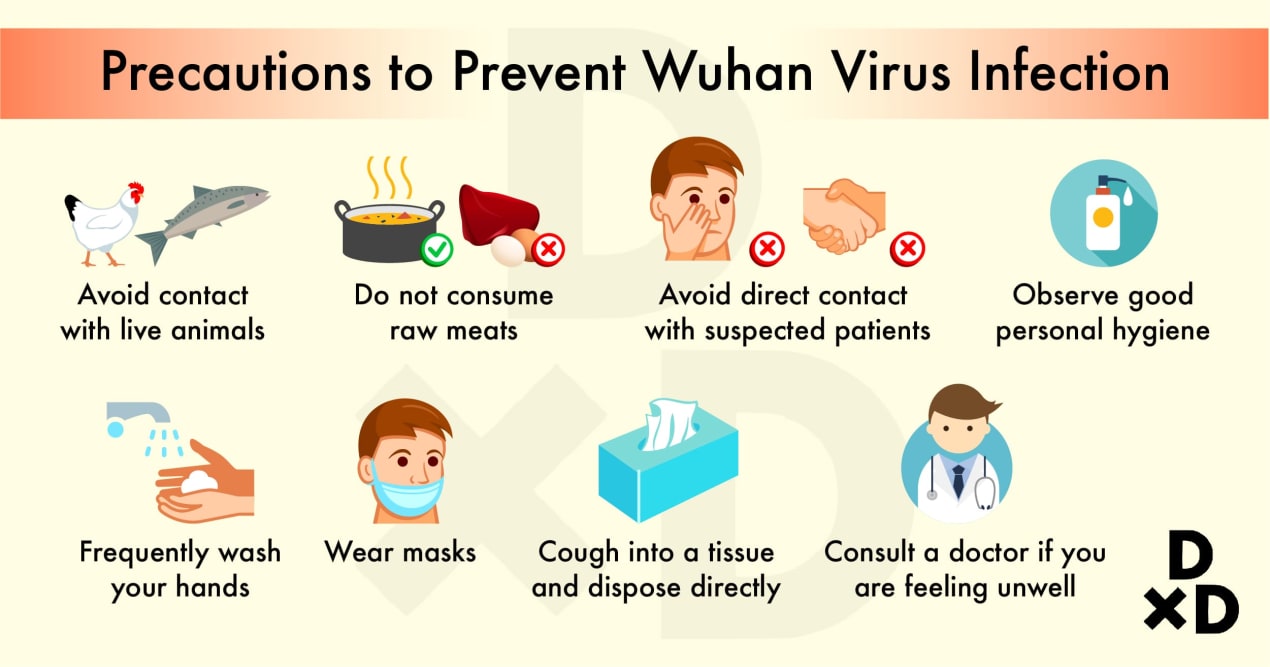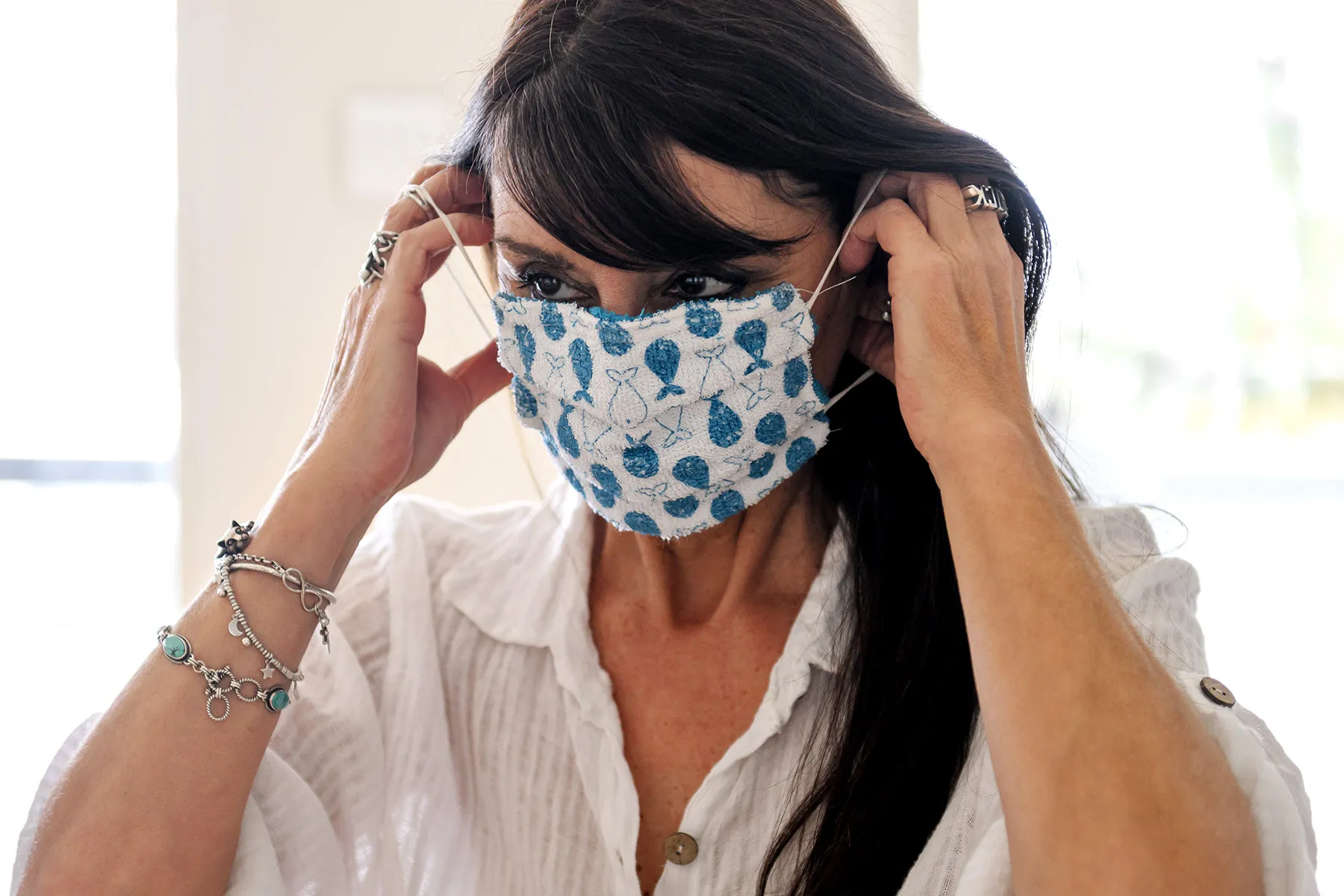
Hi, Good afternoon, on occasion will discussed about how to prevent covid 19 virus spread How to Prevent Coronavirus (COVID-19) see in full
How to Prevent the Coronavirus

The best way to yet for COVID-19, the disease that the virus causes.
As communities across the country begin to reopen for business, you can lower your chances of getting or spreading the virus by taking these steps:
- sanitizer when you’re not near soap and water.
- Try not to touch your face.
- Follow your community guidelines for staying home.
- When you do go out in public, leave at least 6 feet of space between you and others.
- Wear a when you go out.
- Don’t leave your house if you don’t feel well.
- Cover your , or use a tissue.
- Clean and disinfect places and things you touch a lot.
How Does the Coronavirus Spread?
The virus spreads mostly through droplets that people send out when they talk, might also travel through tiny aerosol particles that can linger for up to 3 hours and travel farther away.
You might also catch the coronavirus if you touch something that an infected person has touched and then touch your .
Wash Your Hands
Soap, water, and some scrubbing are all it takes to kill viruses on your hands. You probably already know the usual times you should , including before and after you handle food and after you:
- Use the toilet
- Change a
- Blow your nose
- Touch garbage
- Care for a sick person
- Touch animals or their waste
During the COVID-19 , you should also be sure to wash your hands:
- After being in a public place
- Before touching your , nose, or mouth
- After touching a surface other people have touched, such as an elevator button, door handle, gas pump, or shopping cart
Proper hand-washing takes five simple steps:
- Get your hands wet with warm or cold water.
- Apply soap and lather up. Be sure to include the backs of your hands, in between fingers, and under your nails.
- Scrub for at least 20 seconds.
- Rinse hands under clean running water.
- Dry your hands with a clean towel, or let them air-dry.
Soap and water are the best tools for keeping clean hands. But when they’re not nearby, you can use hand sanitizer. It should be at least 60% alcohol. To use it:
- Apply it to your hands.
- Rub all over your hands and fingers until they’re dry.
Continued
Wear a Mask
Even if you don't show symptoms, you could carry the COVID-19 virus. People more than 2 years old should wear a cloth face mask in public. You don’t need the kind of face masks that workers wear. Any kind of mask can work, as long as:
- You can fit it snugly over your nose and mouth with no gaps.
- You can tie it behind your head or hook it onto your .
- It has several layers of fabric.
- It allows you to .
- You can wash it without damaging it.
You can make your own no-sew mask at home with a bandana or piece of cloth the size of a bandana (20”x 20”). Here's how:
- Fold your bandana in half.
- Fold each half to meet the center line.
- Thread the bandana through rubber bands or ties. Leave the hair ties about 6 inches apart.
- Fold the ends of the bandana to meet each other, and tuck one end into the other.
- Place the to hold the mask over your nose and mouth.
Before you put on your mask, wash or sanitize your hands to be sure they’re clean. Replace your mask if it gets damp. When you take your mask off, do it from the back and don’t touch your face as you do. Wash your mask in your washing machine to clean it after you wear it in public.
Don’t Touch Your Face
Your , or bite a hangnail, and you let germs inside. You probably touch your face all day long without noticing. Breaking the habit takes practice. Try the following tips:
- Notice the habit. Wear scented lotion or perfume on your hands so the smell alerts you each time it happens.
- Give your hands something else to do. Use rubber bands or a ball to keep your hands busy.
- Keep tissues nearby. Make sure you use them for itches or a or eyes.
- Switch up your posture. If your hand habits are tied to the way you sit at your desk, for example, try a new position.
Continued
Stay Home
The fewer people you’re around, the lower your chance of infection. When you stay home, you help stop the spread to others, too. Try to stay out of crowded places. If your community is under shelter-in-place orders, follow guidelines for when you can go out.
Keep 6 Feet Away From Others
The main way COVID-19 spreads is from person-to-person contact. “Contact” is more than touching. When someone coughs or sneezes near you, droplets from their nose and mouth go into the air. Droplets from a person with COVID-19 have the virus in them. If you breathe the droplets in, the virus gets into your system.
To protect yourself, you should practice social distancing. This includes staying at least 6 feet away from other people.
Don’t Go Out if You Have Symptoms
If you start to have mild symptoms like a runny nose and , stay home until you feel better. Your symptoms could mean you have the infection and could spread it to others.
Also, hospitals and doctor’s offices are dealing with many cases of COVID-19. Going to the doctor for mild symptoms will raise your chance of getting the virus, and make clinics busier.
Call your doctor to get advice on what to do before you head to a clinic or hospital if you have more severe symptoms, such as:
- Coughing
- A
- /shortness of breath
- Headache
- Nausea or vomiting
- Diarrhea
- Loss of taste and/or smell
- Muscle aches
- Sore throat
- Runny nose or congestion
Sneeze or Cough Into Your Elbow
If you sneeze or cough into your hands, you coat them with germs. If you don't cover your sneezes and coughs at all, it rockets your germs into the air around you toward others. Cover your mouth with the crook of your elbow to protect both you and others. Always wash your hands afterward.
Clean and Disinfect Surfaces
You can also get COVID-19 if you touch something that has the virus on it and then touch your eyes, nose, or mouth. It’s less likely you’ll be infected this way, but it’s still possible.

Continued
The virus can survive on plastic and stainless steel for up to 72 hours, so you should regularly wipe down surfaces that you and others touch a lot in your house. These include:
- Tables and chairs
- Countertops
- Light switches
- Doorknobs
- Keyboards and touch screens
- Remote controls
- Toilets
- Sinks
- Cabinet handles
Cleaning and disinfecting are two different steps. Cleaning removes dirt and germs, but it doesn’t kill germs. To kill germs, use a chemical disinfectant on surfaces you’ve already cleaned. Most disinfectants you buy in a store should work to kill the virus that causes COVID-19 on surfaces.
To disinfect electronic surfaces or other things you can’t disinfect with bleach, read their instruction manual, or use an alcohol-based wipe.
Wash clothes and other washable materials as normal to disinfect them. If you’re washing clothes or linens of someone who is ill, use gloves to handle them, and wash your hands afterward. Avoid shaking out dirty clothes and linens before you wash them to keep from spreading germs into the air.
Why Is Coronavirus Prevention Important?
Scientists are still studying the coronavirus, so there’s a lot they don’t know about it. But the things they have learned show that COVID-19 is a serious illness. It’s important to take steps to prevent the spread of the coronavirus because:
- Anyone can spread the virus. Research has found that you can spread the virus even if you don’t have symptoms or up to 2 days before symptoms start.
- There’s no treatment yet. If you get sick, doctors can try to ease your symptoms, but they don’t have a proven treatment for the virus itself.
- It’s not clear how long you’re infectious. Experts aren’t sure whether you can spread the virus after you get better.
- You might be able to get sick again. Your body makes things called antibodies in response to an infection. They can help protect you from catching a particular germ again or keep it from making you seriously ill. But researchers don’t know whether COVID-19 antibodies will protect you or for how long.
Continued
Extra Precautions for People Who Are at Higher Risk
Anyone can get COVID-19. But you have a higher chance of getting seriously ill from it if you:
- Are 65 or older, especially if you live in a nursing home or other care facility
- Have , although more research is needed on this
- Have a weakened
- Are severely with a BMI over 40
- Have type II diabetes
- Have a serious condition
- Have
If you fall into one of these categories, it’s especially important for you to follow the general safety guidelines. Also, take these steps:
- Take all your medications as usual. Don’t change your treatment plan without talking to your doctor.
- Ask your doctor or about keeping at least a 2-week supply of prescription and over-the-counter medications so you can cut down on trips to the pharmacy.
- Make sure you’re up to date on .
- Call your doctor if you have any questions about your condition or if you think you might have come into contact with the virus.
- Don’t hesitate to go to the hospital if you need emergency care for your underlying condition.
When Will There Be Help With Prevention?
Dozens of possible coronavirus are in various stages of development and testing. It usually takes years to find out whether a vaccine works safely in humans. Researchers are trying to speed up this process, but it could still be 12 to 18 months before they finish testing a vaccine to make sure it’s effective and safe. It would then have to be produced and given out. And you might need more than one dose for it to work.
Until we know more about the virus or find a vaccine, these safety guidelines are the best way to prevent COVID-19.
Oke discussion about How to Prevent Coronavirus (COVID-19) hopefully items this adding insight thank you
Articles this was posted on tag
Comments
Post a Comment